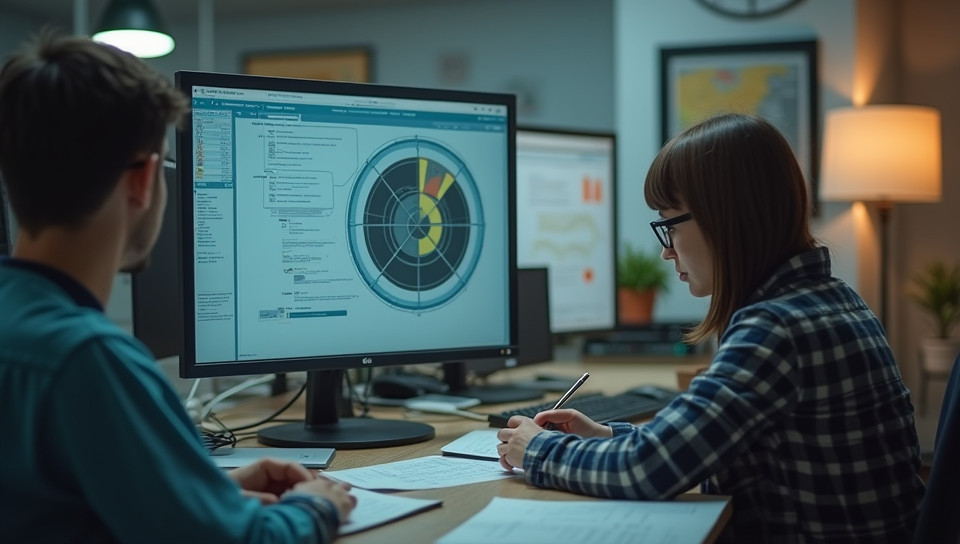Fact-checking is not always objective enough 74%

Fact-Checking: The Hidden Biases That Affect Our Perception of Reality
As we scroll through our social media feeds, it's easy to get caught up in the sea of information that surrounds us. We're constantly being fed updates, news, and opinions from all sides of the spectrum. But have you ever stopped to think about where this information comes from? Who verifies its accuracy, and how do they do it?
The answer lies in fact-checking. Fact-checking organizations and individuals strive to separate fact from fiction, giving us a clearer understanding of what's true and what's not. However, beneath the surface of fact-checking lies a more complex issue: the objectivity of fact-checking itself.
The Illusion of Objectivity
Fact-checking is often perceived as an objective process, untainted by personal biases or agendas. But this couldn't be further from the truth. Fact-checkers are human beings with their own set of values and experiences that shape how they interpret information. Even if fact-checkers don't consciously acknowledge it, their backgrounds can influence the way they evaluate evidence.
The Role of Context in Fact-Checking
Context plays a significant role in shaping our understanding of reality. However, context is often absent or oversimplified in fact-checking. Without considering the broader cultural, social, and historical contexts, fact-checkers might miss crucial details that impact the accuracy of their findings.
What's Missing from Fact-Checking?
Here are some of the key factors that can compromise the objectivity of fact-checking:
- Lack of transparency about methodologies and sources
- Failure to account for power dynamics in information dissemination
- Overreliance on primary sources, which may be incomplete or biased
- Limited understanding of cultural nuances and context
Can We Trust Fact-Checking?
In conclusion, while fact-checking is an essential tool for navigating the complex landscape of information, it's not a foolproof method. The objectivity of fact-checking is often compromised by human biases, contextual oversimplifications, and methodological flaws.
To improve the accuracy and objectivity of fact-checking, we need to be aware of these limitations and strive for greater transparency and accountability in our approach to verifying information.
The next time you come across a news article or social media post that's been "fact-checked," remember: even with the best intentions, fact-checkers are not infallible. By understanding the complexities of fact-checking, we can make more informed decisions about what information to trust and how to critically evaluate the world around us.
- Created by: Mohammed Ahmed
- Created at: Sept. 13, 2024, 11:01 p.m.
- ID: 9467








